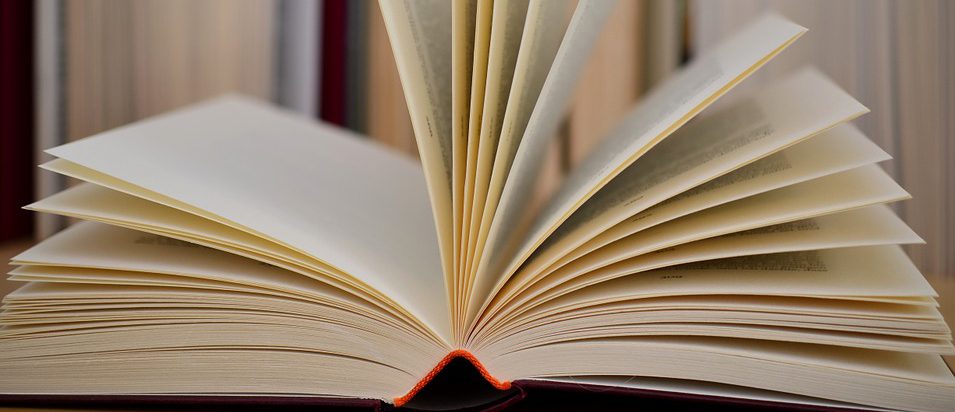Prof. Megan Behrent
Below are two assignments that I use when teaching ENG 2150: introduction to Women Writers. While they were created for a particular course they can be adapted for other literature courses, particularly the final research project.
Collaborative Feminist Manifesto for the 21st Century Project
In preparation for this project, we read a selection of political writing by women to introduce students to the “waves” of feminism, while also interrogating the genre of women’s manifestoes, open letters and statements of principles as a genre worthy of study and analysis.
Below are some of the texts I included in the syllabus:
Elizabeth Cady Stanton, “Declaration of Sentiments and Resolutions,” from the Seneca Falls Convention (1848)
Sojourner Truth, “Ain’t I a Woman?” (1851). Note: for this text, we read the speech attributed to Truth, while also reading alternative versions of the speech to explore its historical accuracy, and discuss the political implications of these renditions of Truth’s speech.
Redstockings Manifesto (1969)
The Combahee River Collective Statement (1977)
Rebecca Walker, “Becoming the Third Wave”
Open Letter from the Allianza Nacional de Campesinas to Hollywood actors & other performers speaking out against sexual assault
After reading examples from the 19th century to today, students were asked to work in groups to come up with their own manifesto, statement of principles or open letter using any form they wanted. Students were asked to determine priorities and principles collaboratively before coming up with a plan to complete the rest of the activity digitally to create a group document. Students posted their work to the class to receive comments and revised their documents on this basis.
See assignment here.
Final Research Paper of Project
For this assignment, in addition to the option to write a more traditional literary research paper, students have the option of creating their own syllabus for a gender studies class, or engaging in a creative project (a play, a memoir, a short story, etc.) which engages with texts and themes of the course. While some of the options here are specific to the class, I adapt this assignment for most literature classes.
See assignment here.




